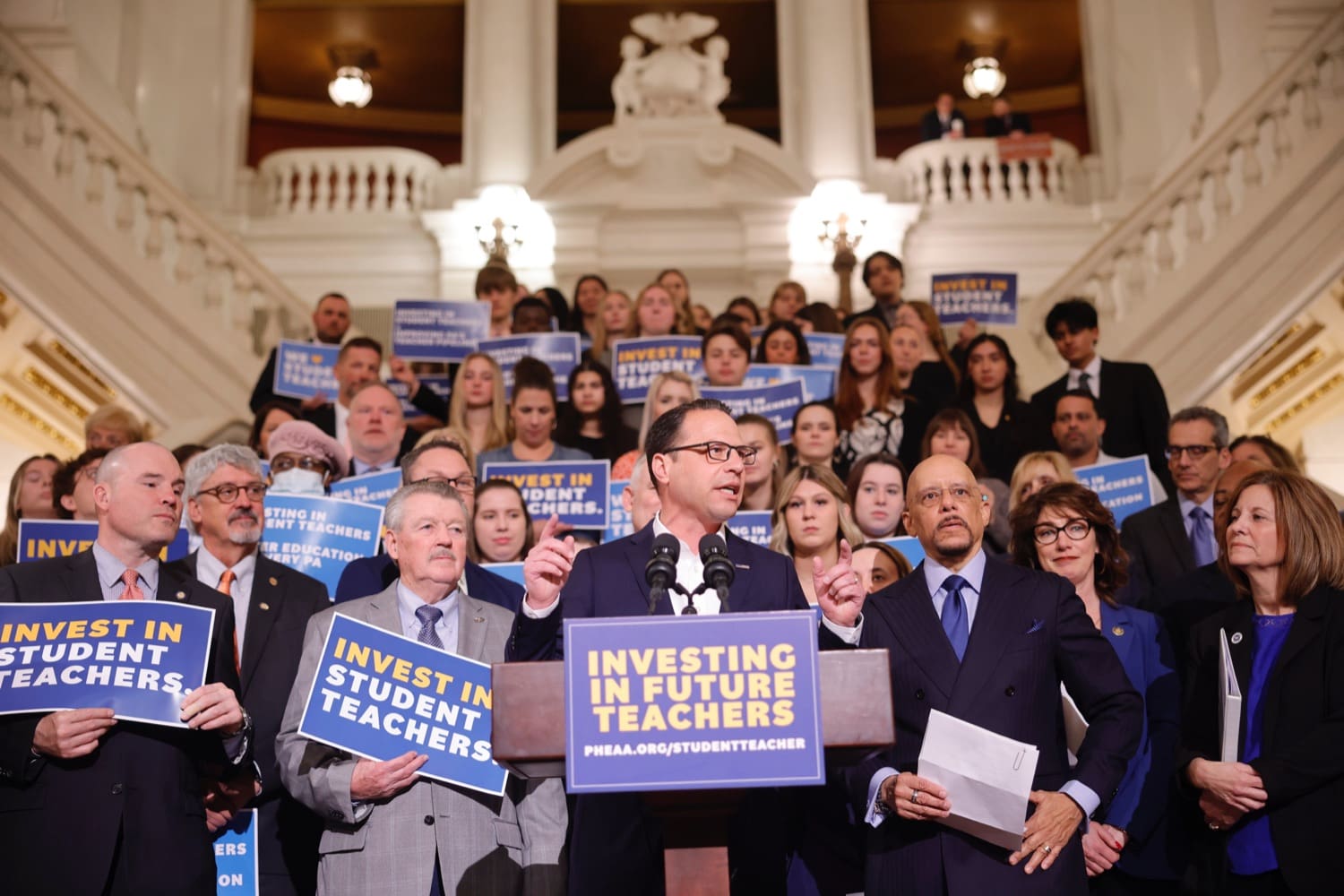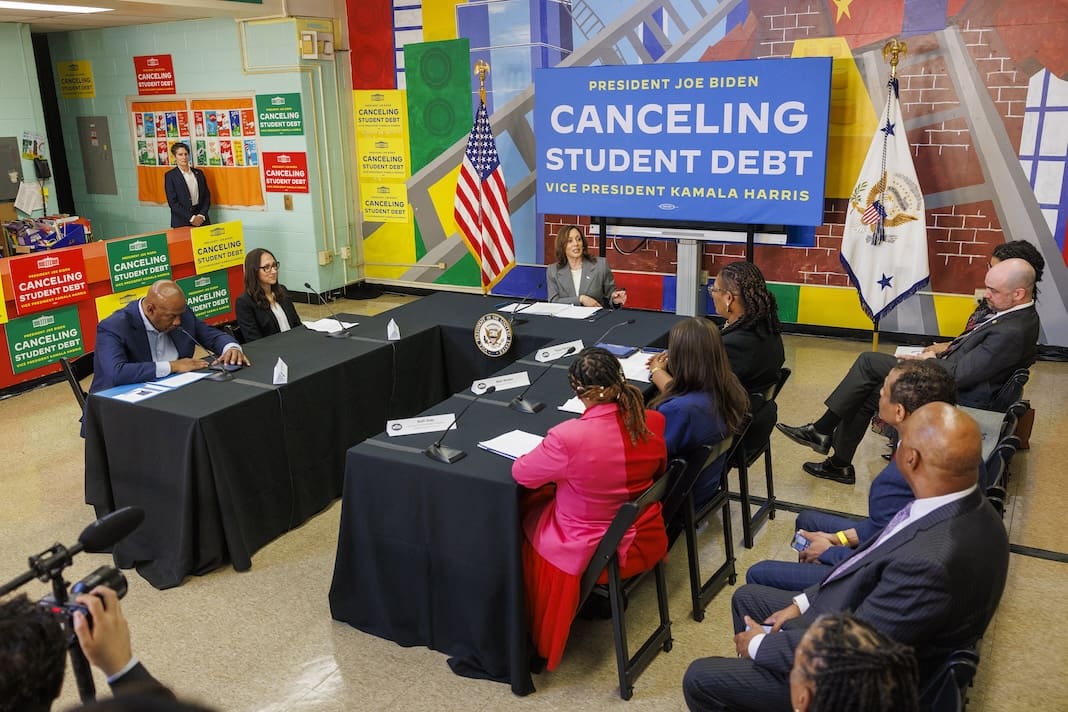Education Remains A Top Issue in Pennsylvania’s State Legislative Elections

Anzhe Zhang
State legislative elections in Pennsylvania this year will have a big impact on residents’ day-to-day lives, especially as recent redistricting in the state has made many state house seats more competitive, opening the door for Democrats to regain control of the state house.
Education has become one of the most pressing issues in the state following a landmark trial on school funding. Six low income school districts alleged that the state violated the Education Clause in Pennsylvania’s constitution by failing to provide the necessary funding to ensure equitable education outcomes for their students, in comparison to wealthier schools. The trial, which ran from November of last year to March, is awaiting a final decision this Fall.
Under the state’s current education funding formula, wealthier school districts can end up spending twice as much on an individual student compared to their low-income counterparts.
This disparity is partly due to Pennsylvania school districts’ reliance on local property taxes to fund schools and education. The lower-income school districts suing the state have alleged that the disparity in funding and resources has led to lower test scores and negative education outcomes. Pennsylvania’s Department of Education currently accounts for only 38 percent of education funding for schools, markedly lower than the 47 percent national average.
Yet a favorable ruling for the plaintiffs wouldn’t automatically make the battle easier, as education advocates and experts will have to work with lawmakers to draft up a new funding plan, despite broad Republican skepticism and opposition in the General Assembly towards increased funding for low income schools.
During the school funding trial, Republican legislators argued that the state met the constitutional mandate to fund basic education, noting that it was “thorough and efficient,” despite some school districts in the state receiving three times as much funding as other districts. Republican lawmakers, who were defendants in the trial, revealed aptly their views on education funding from the state through their attorneys.
“What use would a carpenter have for biology?” John Krill, representing Republican Sen. Jake Corman, asked, questioning why positive education outcomes mattered for students entering certain professions. “What use would someone on the McDonald’s career track have for Algebra 1?” He asked.
Patrick Northen, representing Republican Rep. Brian Cutler, dismissed the stories of struggles by teachers shared by the plaintiffs as “red herrings,” saying they were meant to “elicit sympathy or promote a generic notice of fairness.”
Meanwhile, Republican legislators remain the main roadblock against the state providing more funding for school districts as they highlight a litany of alternatives such as charter and private schools that are only feasible for a minority of students.
Anthony Holtzman, also representing Corman, said at the trial that internet charter schools were a feasible “alternative to local public school districts,” while stressing their importance as part of the public education system, despite a lack of transparency with their funding.
Republican lawmakers have previously argued that charter schools would be an adequate alternative to public school systems, coming from the perspective that public education is merely a single slice in Pennsylvania’s overall education pie. This is in spite of the fact that the majority of students in the state attend public schools.
The enthusiasm for charter schools is strong among Republican lawmakers as Rep. Lynda Schlegel Culver was recently quoted as saying that charter school funding “was a priority” when it came to voting for the recent education spending plan. “It allows charter schools to grow. They were fairly important in this process.”
Currently, Republican legislators have enacted two programs costing up to $340 million that offer tax credits exclusively to private, and often Christian, schools, while ignoring funding woes from public schools sorely in need of the money.
“We would hope that the court would exercise oversight over the process to ensure accountability of the General Assembly to meet its constitutional duties,” Deborah Gordon Klehr, executive director of the Education Law Center said, highlighting the importance of this year’s legislative races and whether or not Democrats can vie for enough seats to influence upcoming education and spending bills.




